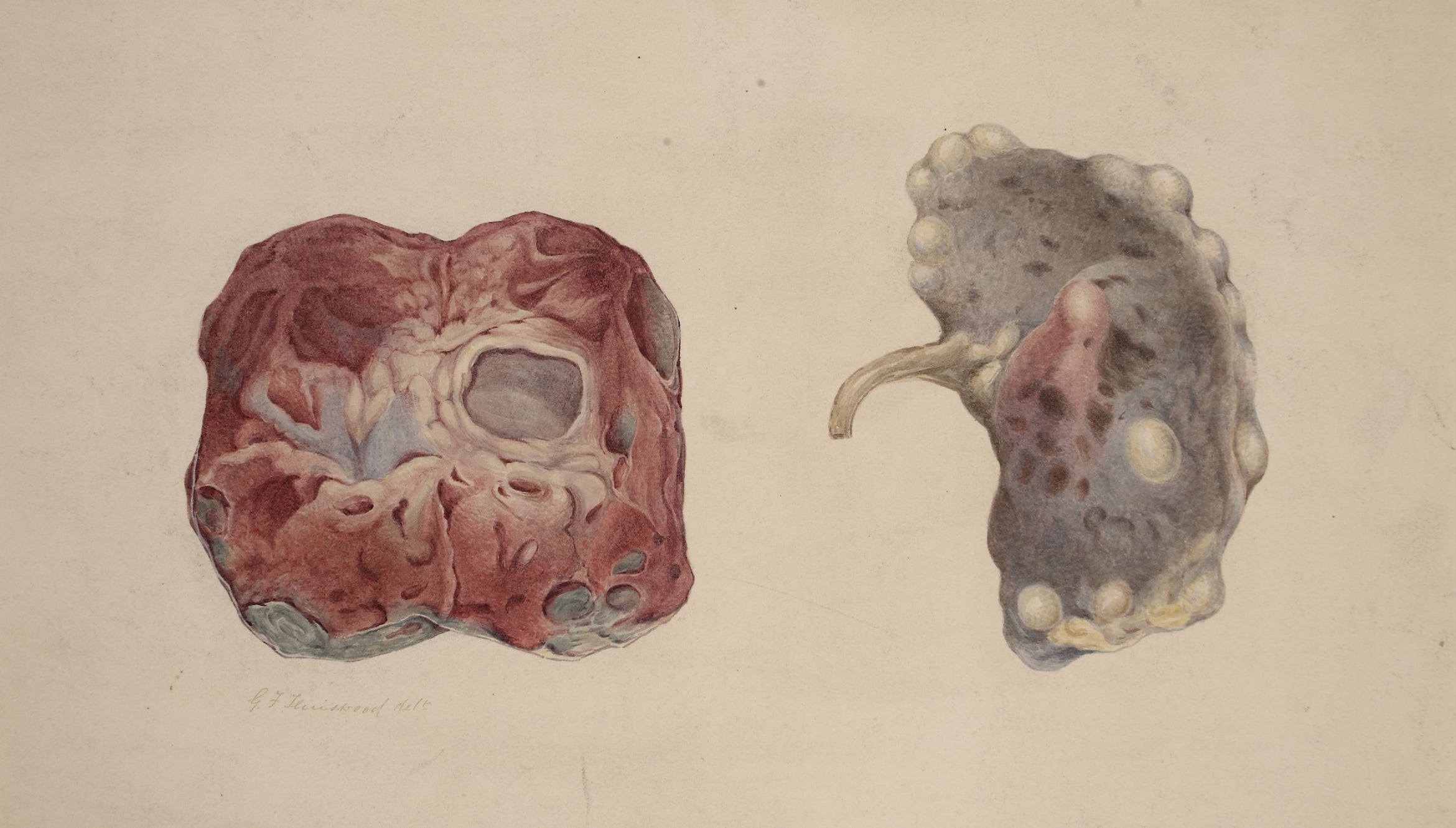UCSB Professor of Psychology and Director of the Sage Center for the Study of Mind Receives Two Top Awards
Michael Gazzaniga, professor of psychology at UC Santa Barbara and director of UCSB's Sage Center for the Study of Mind, is the recipient of a 2008 Distinguished Scientific Contribution Award from the American Psychological Association (APA). The award honors psychologists who have made distinguished theoretical or empirical contributions to basic research in psychology. Based in Washington, D.C., the APA is a scientific and professional organization that represents psychology in the United States. With 148,000 members, APA is the largest association of psychologists worldwide.
Gazzaniga has also been invited to present the prestigious Gifford Lectures at the University of Edinburgh in 2009. The Gifford Lectureships were established by Adam Lord Gifford (1820–1887), a senator of the College of Justice in Scotland. The purpose of Lord Gifford's bequest to the universities of Edinburgh, Glasgow, St. Andrews, and Aberdeen was to sponsor lectures to "promote and diffuse the study of natural theology in the widest sense of the term."
Since the first lecture in 1888, Gifford Lecturers have been recognized as pre-eminent thinkers in their respective fields. Among the many gifted lecturers are Hannah Arendt, Niels Bohr, Etienne Gilson, Werner Heisenberg, William James, Max Mueller, Iris Murdoch, Reinhold Niebuhr, Albert Schweitzer, and Alfred North Whitehead.
At UCSB, Gazzaniga oversees a broad research program investigating how the brain enables the mind.
Over the course of several decades, a major focus of his research has been an extensive study of patients that have undergone split-brain surgery that have revealed lateralization of functions across the cerebral hemispheres.
Gazzaniga is also director and principal investigator of the Law and Neuroscience Project, the first systematic effort to bridge the fields of law and science in considering how courts should deal with new brain-scanning techniques as they apply to matters of law. The project is a multi-institution effort funded by an initial, three-year, $10-million grant from the John D. and Catherine T. MacArthur Foundation. Former Supreme Court Justice Sandra Day O'Connor is the honorary chair of the project.
In addition to his position at UCSB, Gazzaniga is director of the Summer Institute in Cognitive Neuroscience, president of the Cognitive Neuroscience Institute, and a member of the President's Council on Bioethics.
Gazzaniga received a Ph.D in psychobiology in 1964 from the California Institute of Technology, where he worked under the guidance of Nobel Prize winner Roger Sperry, with primary responsibility for initiating human split-brain research. Gazzaniga subsequently made remarkable advances in the understanding of functional lateralization in the brain and how the cerebral hemispheres communicate with one another.
Gazzaniga has published many books accessible to a lay audience, such as the "The Ethical Brain," "Mind Matters," and "Nature's Mind," which, along with his participation in the public television specials "The Brain and The Mind," have been instrumental in making information about brain function widely accessible. His new book, "Human," will be published by Harper Collins this summer.
His many scholarly publications include the landmark 1995 book for MIT Press, "The Cognitive Neurosciences," now in its third edition, which is recognized as the sourcebook for the field. Gazzaniga's long and distinguished teaching and mentoring career has included beginning and developing centers for cognitive neuroscience at UC Davis and at Dartmouth, supervising the work and encouraging the careers of many young scientists, and founding the Neuroscience Institute and the Journal of Cognitive Neuroscience, of which he is a former editor-in-chief.
Gazzaniga is a fellow of the American Association for the Advancement of Science, the American Neurological Association, the American Psychological Association, the American Academy of Arts and Sciences, and the Institute of Medicine. He is a past president of the American Psychological Society and a much sought-after advisor to various institutes involved in brain research.
His teaching and research career has included appointments at UC Davis, Dartmouth College and Medical School, Cornell University Medical College, the State University of New York at Stony Brook, New York University Graduate School, and UC Santa Barbara.
Related Links



